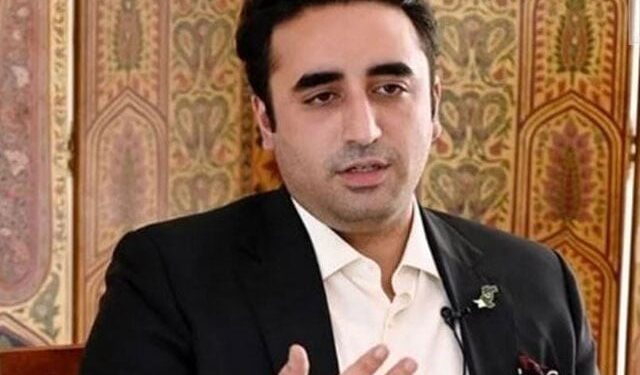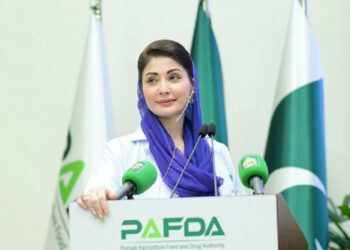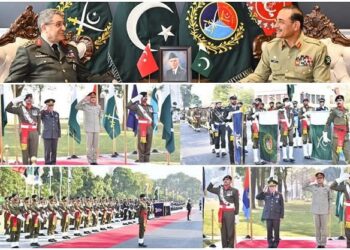A day after President Asif Ali Zardari expressed reservations over a proposed canal project on the Indus River in Punjab, PPP Chairman Bilawal Bhutto Zardari has suggested that the controversial project be sent to the Council of Common Interests (CCI).
Read more:https://timelinenews.com.pk/opposition-does-nothing-but-noise-and-gossip-bilawal-bhutto/
Speaking to media persons in his chamber in the National Assembly, Bilawal Bhutto Zardari said that the unilateral policies made by the Centre without consensus have put the government under pressure and it should be reviewed and resolved.
He said that the ruling party of Sindh (PPP) has continuously demanded a CCI meeting, even in his last speech to the assembly, the late Nawab Yousaf Talpur raised the issue of water and similarly other PPP members have also raised the issue. The Sindh Chief Minister, his ministers and the provincial bureaucracy have also raised the issue at every forum.
Bilawal Bhutto Zardari endorsed the Green Pakistan project, under which canals are being planned.
He said, “As far as the Green Pakistan project and getting investment for agriculture are concerned, the PPP not only fully agrees with it but it is the philosophy of the party. We not only want relief for our farmers but also want them to flourish.”
He said, “We believe that we have to work hard in two phases, one aspect of which is collective farming.” To achieve maximum results in the first phase, priority needs to be given to those areas of Punjab and Sindh that contribute to the agricultural economy.
The PPP chairman said that if the provincial governments use the public-private partnership model to introduce smart irrigation and the federal government provides funds for this transition, then collective farming can become a revolutionary initiative. The PPP is working on pilot projects across Sindh, including experiments on bio-saline agriculture in Thar.
He said that “we do not oppose for the sake of opposition, but suggest alternative solutions in the context of crises.”
Talking about President Asif Ali Zardari’s speech, he said that the President gave a historic speech in the parliament.
He said that “from economy to terrorism, and from Palestine to Kashmir, as well as agriculture and technology, President Zardari’s speech highlighted all the important issues facing the country. President Zardari, as a symbol of the federation, is the sole representative of all elected members of parliament as well as provincial assemblies.
He said that ‘In his address, President Zardari clearly identified the unilateral policies of the government that were made without consensus, especially the decision to build new canals from the Indus River. In a very positive manner, President Zardari highlighted this issue before the National Assembly and the current government, the then government is under pressure due to this issue, and this decision should be reviewed and resolved.’
Furthermore, regarding President Zardari’s statement, he said that ‘there is no reason for the government not to accept the proposals, the government will not want its projects to become controversial or harm any of the federal units.’
Bilawal Bhutto said that Tuesday’s session of the National Assembly was a condolence session in memory of the late Nawab Yousaf Talpur.
Regarding the Iftar dinner with Prime Minister Shehbaz Sharif, he said that he was grateful to him for hosting the PPP delegation.
He said that inflation was the most important issue on which the parties contested the elections and now the indicators are improving, however, our confidence level has not yet reached the stage where the PPP can become an alliance partner of the government, the party is currently working with this political party for the sake of the country.
He said that the PPP has also expressed concerns over the law and order situation in Balochistan and Khyber Pakhtunkhwa. Regarding Khyber Pakhtunkhwa, he said that no provincial government has ever shown such disinterest in the problems of its own people. However, he said that dealing with the law and order situation is a collective responsibility.

























